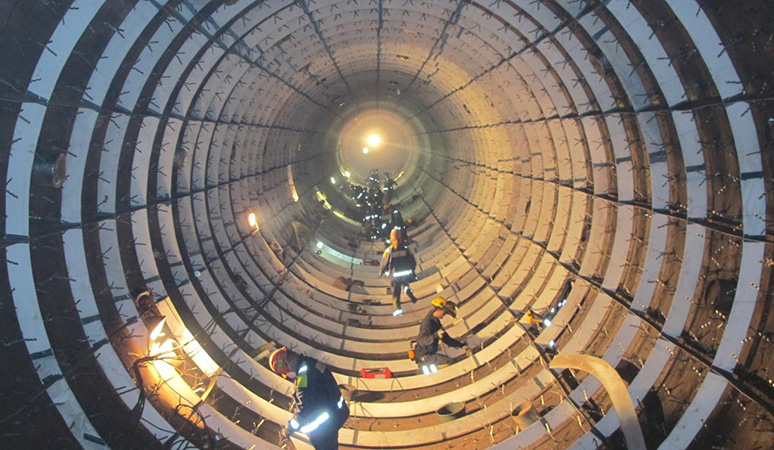


Refractory
ALTIFIL™ products are ideal for refractory applications. As a valuable refractory raw material, ALTIFIL™ consists of a natural combination of pyrophyllite and quartz. It has permanent expansion, excellent reheat stability and dimensional stability, low hot-load deformation, low reversible thermal expansion, low thermal conductivity, and high resistance to molten ingress. When exposed to temperatures above 1100°C, a transformation to mullite corresponds to significant increases in all aspects of mechanical properties – compression strength, flexural strength, and hardness. Pyrophyllite can also be used as a substitute for kaolinite in ceramics, pottery and filler industries. Because of its high specific heat and poor thermal conductivity, it can heat up quickly and retain and radiate heat for a long period of time, enhancing the durability of refractory products.
ALTIFIL™ has less than 0.3% iron oxide, which corresponds to exceptionally white characteristics both in raw form and as a fired ceramic product. Pyrophyllite refractory clay combinations have excellent volume stability and resistance to deformation at high temperatures. In refractory bricks and monolithics, ALTIFIL™ has several advantageous properties. At high temperatures, it swells and melts to form a glassy surficial coating on the brick, which helps prevent ingress of molten metal to the interior. No calcining is needed prior to use. Its lubricity reduces wear on molds and machinery that handle wet and dry products.
Pyrophyllite is highly resistant to chemicals, as well as resistant to abrasion, decrepitation and thermal shocks, and it has high compressive strength, impact strength, tensile strength and electrical resistance. All of these advantages make ALTIFIL™ the ideal choice for refractory applications, used in iron and steel furnaces for lining purposes.
Applications include:
- Metal pouring refractories
- Alumina-silica monolithic refractories
- Kiln car refractories
- Ramming and gunning castables
- Taphole clays
- Tile refractories
- Cement-fired bricks
- Insulation firebrick”



